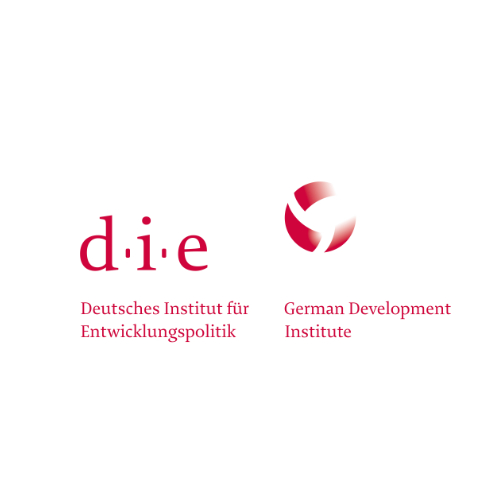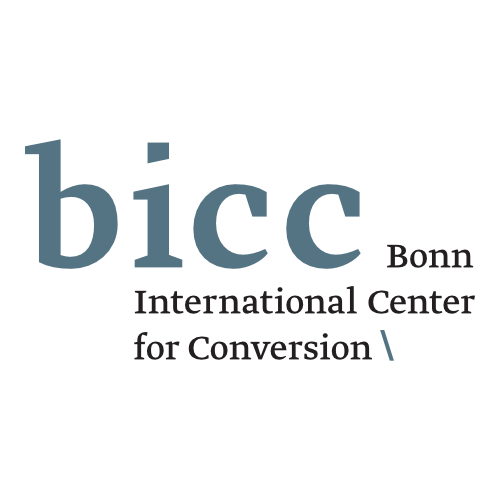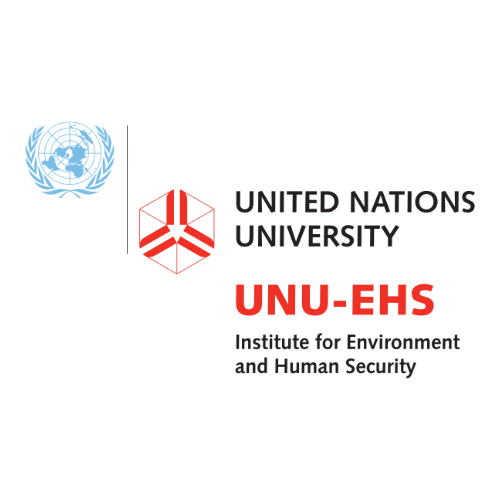
International Day for Biological Diversity – To save biodiversity, transform the economy
Every year on 22 May, the United Nations celebrate The International Day for Biological Diversity to commemorate the adoption of the Convention on Biological Diversity (CBD). Jean Carlo Rodríguez de Francisco and Ina Lehmann explain why the CBD and its state parties should urgently address economic growth and why the resetting of economies after the COVID-19 pandemic and the UN Biodiversity conference in October might provide an important window of opportunity.


